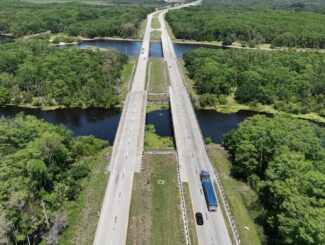By Meghan Litsey, Sr. Environmental Scientist, WSB
Municipal Separate Storm Sewer System (MS4) communities tend to dread the words “compliance audit”. The auditing process can be intimidating, but it can also provide an opportunity to highlight positive aspects of your community. Local agencies like the Minnesota Pollution Control Agency (MPCA) can offer insight about the process and help generate ideas for your MS4 program. Right now, the MPCA is conducting regular compliance audits despite the new MS4 permitting that is anticipated to take effect later this year.
So, it’s important to keep your MS4 program up to standard and audit-proof all year round.
Why does the MPCA perform audits?
The MPCA performs audits on MS4 programs per the Environmental Protection Agency (EPA). The EPA requires routine audits to evaluate permittees for program compliance, best management practices, and identified performance goals. To meet this mandate, the MPCA has committed to completing approximately 33 MS4 program audits per year to ensure a timely and proper evaluation of each permittee.
Getting ready for an MS4 audit?
Try these tips to keep your MS4 program audit-proof.
- Conduct a mock audit. Use guidance documents from the MPCA and EPA to conduct a mock audit. Now is the time to identify potential areas of improvement before you’re faced with an actual MS4 audit.
- Plan ahead. Create a 12-month schedule for specific requirements to stay on track. For example, you should schedule MS4 inspection and training dates well in advance. You may also want to include publication deadlines to ensure any article submissions are delivered on time.
- Document everything. Documentation is your best ally in an audit scenario. Find a recordkeeping system that works and stick to it. And be sure to take credit for your work.
- Partner up. Why recreate the wheel? Consider partnering with other MS4s or local groups and share permit responsibilities. Otherwise, you can also utilize existing partnerships and discuss sharing responsibilities.
- Invest in your staff. Field staff are the first line of defense when it comes to protecting your MS4 system from illicit discharges. Ensure all field staff, including seasonal and contracted staff, are trained on the importance of their role in protecting water quality.
Meghan Litsey is a Senior Environmental Scientist on our environmental team with over eight years of experience. She specializes in providing environmental compliance services in construction site permitting, SWPPP design and inspection, and MS4 program development.


